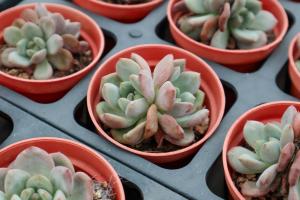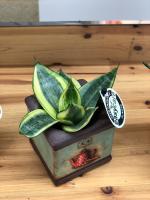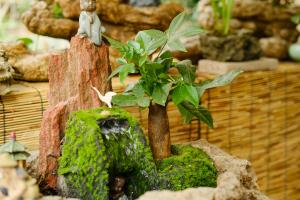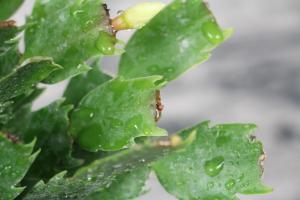How to Get Rid of Plant Pots
The Importance of Proper Plant Pot Disposal
When it comes to gardening, plant pots are an essential tool to help your plants grow and thrive. But what do you do with the pots when the plants have outgrown them or died? Proper plant pot disposal is crucial not only for the environment but also for the health of your garden. Throwing them in the trash can harm wildlife, while leaving them in your garden can attract pests and harbor diseases. Here are a few ways to get rid of plant pots in an eco-friendly and safe manner.
Recycling Plant Pots
One of the most sustainable ways to dispose of plant pots is to recycle them. Check if your local recycling program accepts plant pots made from materials such as plastic, ceramic, or clay. If yes, remove any soil or plant debris from the pots, and make sure they are clean and dry before placing them in the recycling bin. Avoid putting pots with cracks or chips in the recycling bin as they are harder to recycle and might end up contaminating the entire batch.
Repurposing Plant Pots
If your plant pots are still in good condition but you don't need them anymore, consider repurposing them for other uses around your home or garden. For example, you can use them to store small garden tools or craft supplies, as a decorative planter for indoor plants, or even as a container for DIY gifts. You can also donate them to community gardens, schools, or nurseries that might need extra pots.
Composting Plant Pots
If your plant pots are biodegradable, such as those made from peat, coir, or fiber, you can compost them as an organic waste material. However, make sure they are free of any synthetic materials or chemical residues that might harm your compost or soil. To compost your plant pots, shred them into small pieces, mix them with other organic matter like kitchen scraps, leaves, or grass clippings, and keep the compost moist and aerated. After a few months, you will have nutrient-rich compost that you can use to improve the soil quality of your garden.
Dropping Off Plant Pots
In some areas, you can drop off your plant pots at designated drop-off sites or recycling centers that accept them. Check with your local waste management or recycling facility for more information on where to drop off your plant pots. Before dropping them off, make sure they are clean and sorted by material to facilitate the recycling process.
Conclusion
Getting rid of plant pots doesn't have to be a burden on the environment or your garden. By following these tips, you can safely and sustainably dispose of your plant pots without contributing to waste or pollution. Whether you recycle, repurpose, compost, or drop off your plant pots, you can feel good knowing that you are doing your part to protect the planet while enjoying the benefits of gardening.

 how many times do yo...
how many times do yo... how many planted tre...
how many planted tre... how many pine trees ...
how many pine trees ... how many pecan trees...
how many pecan trees... how many plants comp...
how many plants comp... how many plants can ...
how many plants can ... how many plants and ...
how many plants and ... how many pepper plan...
how many pepper plan...
































